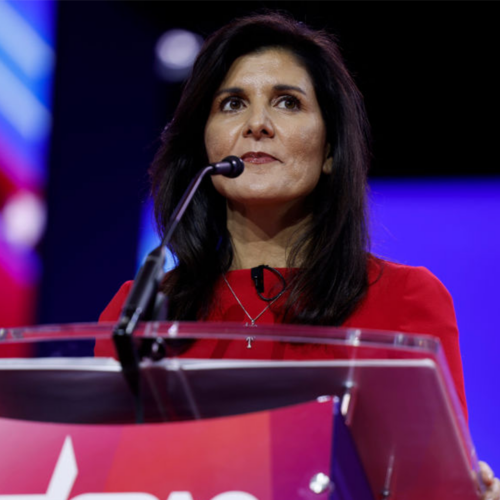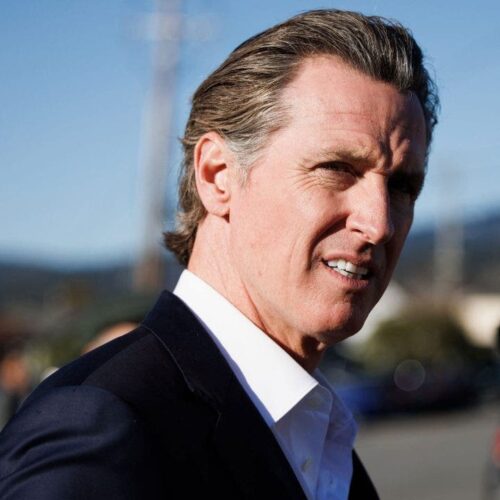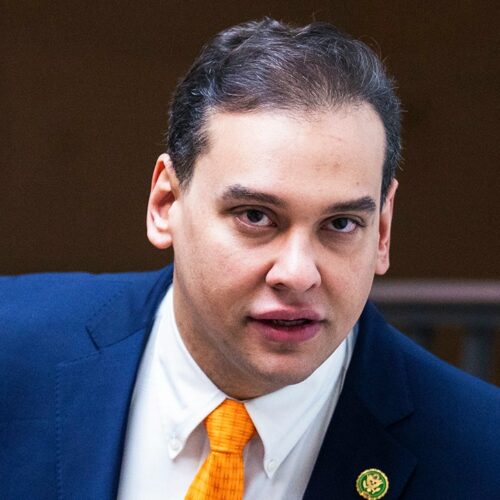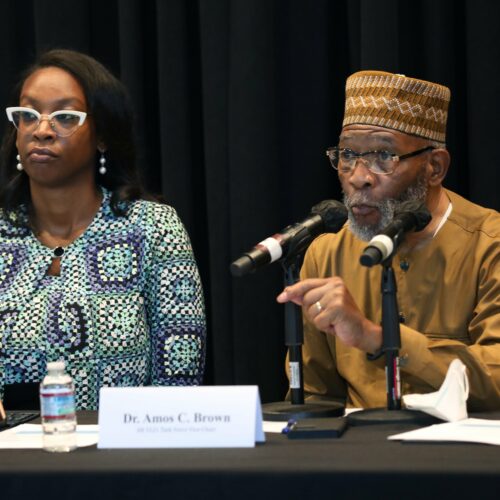LOS ANGELES — With 37 seconds left in the fourth quarter on Monday, Stephen Curry was isolated with the Los Angeles Lakers center Anthony Davis guarding him one-on-one.
The Lakers were up by 1 point in Game 4, and the Golden State Warriors needed a basket to keep from being pushed to the brink of elimination. It should have been a mismatch: one of the greatest scoring guards in league history matched up against a slower center. But Curry was stymied twice on the same possession. First, Davis, a top defensive player, poked the ball away. And then Curry missed a fadeaway. After an offensive rebound, Curry missed a 3-pointer over Davis again.
Those were two of several fumbles by Golden State in the closing moments of an ugly affair in which the team didn’t show the championship mettle that has won it four championships since 2015.
With nine seconds left, forward Draymond Green threw away the ball with Golden State down 3. On an ensuing jump ball, Curry came down with possession, and instead of calling a timeout, he threw the ball away.
“I actually felt like somebody was behind me,” Curry said after the game. “I kind of just let it go. But, bang, bang play. I wish I had a little bit more awareness to maybe call a timeout knowing we’ve got enough time, but, you know, it just didn’t go our way.”
Golden State let an opportunity slip through its fingers, having led by as many as 12 in the third quarter. Instead, the Lakers won, 104-101.
Curry finished the game shooting 12 for 30. Klay Thompson, Curry’s Splash Brother, was 3 for 11. That, combined with not getting playmaking from Golden State’s role players, has placed the team in dire straits, down three games to one in a conference semifinal series against a rejuvenated Lakers team. The late possessions were emblematic of a season-long deficiency that has plagued Golden State, particularly on the road: an inability to sustain effort through long stretches.
Perhaps this is the reality of having a core anchored by Curry, 35; Thompson, 33; and Draymond Green, 33: It’s easier to get tired and make mental mistakes. But if Golden State doesn’t dig deep to resurface the magic of the last decade, its dynasty will be extinguished on Wednesday in San Francisco.
This isn’t the first time Golden State has been down 3-1 in a playoff series. In 2016, Kevin Durant and Russell Westbrook’s Oklahoma City Thunder went up 3-1 in the Western Conference finals before Golden State came roaring back and won the series. Three years later, Golden State found itself down 3-1 against the Toronto Raptors in the finals. But with injuries to Durant, then a teammate, and Thompson, the team lost in six games.
“It feels like what it is: three to one,” Coach Steve Kerr told reporters after Game 4 on Monday. “You go home and you take care of business and you get a win and the momentum is right back in your favor. So that’s all it is. Somebody has to win four times and that’s why you play it out.”
It hasn’t helped that Golden State’s younger players have not been able to fill the void left by an off night by Curry. For the Lakers, guard Lonnie Walker, 24, in his fifth year, scored 15 points, including crucial baskets in the fourth to keep Golden State at bay. The second-year guard Austin Reaves, also 24, chipped in 21 points.
Those kinds of contributions have eluded Golden State this postseason. Instead, Golden State has had to rely as much on Curry at 35 as it did when he was 25, a recipe for trouble this late in the season.
For years, the Golden State front office has been selling a two-timeline plan of development. It would try to chase championships in the present on the backs of Curry, Thompson and Green, while also developing young talent like Jonathan Kuminga, 20, (drafted seventh in 2021); Moses Moody, 20, (14th pick in that same draft); James Wiseman, 22, (second pick in 2020); and Jordan Poole, 23, (28th pick in 2019).
It was a risky maneuver with mixed results. It has meant not trading young developing talent for veterans who could help the team now, and placing more of the load on Curry in the back half of his career. Already, Golden State traded Wiseman this season as injuries and inconsistency left him without a firm role in the rotation. Moody and Kuminga, each in their second year, have been yanked in and out of the lineup throughout the season, though Moody has had playing time in this series. He scored 7 points in 19 minutes Monday night.
That’s not abnormal for players barely out of their teenage years. But Golden State has one of the best players in the history of the N.B.A. playing at a high level right now. It needs Moody and Kuminga to be better immediately to take advantage of Curry’s window.
Poole has been flummoxing. At times in his four-year career, he has been Golden State’s best player. When the team’s top stars have faced injuries, Poole has been counted on to fill their absences as a reliable scorer. Last year, he was a core part of a Golden State team that won a championship, and he started a majority of games during the regular season. Poole was a concrete example of investment in a young player that worked for Golden State.
In October, Golden State invested in Poole further, rewarding him with an extension reported to be worth nearly $140 million. He was slated to be the bridge to the future — a potential All-Star replacement for a franchise looking forward to a life after Curry, Green and Thompson.
But Poole’s production has become as unpredictable as his decision-making on the floor. While he averaged a career-high 20.4 points a game during the regular season, his shooting percentages dipped and his turnovers increased. His shot selection has drawn immense criticism.
In the playoffs, Poole’s play has cratered. Against the Sacramento Kings in the first round, Poole shot a dismal 33.8 percent from the field. On Monday night, he missed all four of his shots and played only 10 minutes. One shot was an air ball near the basket.
His play was clearly a sore spot for Poole after the game on Monday. When approached by a reporter in the locker room, a frustrated Poole tersely said, “I’ve got nothing for you, big man.”
After being cajoled by a Golden State press representative, Poole took questions, though he would not physically face reporters, creating an odd spectacle of reporters aiming recorders at the back and side of his head.
“Work ethic doesn’t change,” Poole said. “Routine doesn’t change. Maybe opportunity changes. But you can only control what you can control. We’ve got another game in a couple days at home.”
Curry, asked about Poole, said it wasn’t about any one player.
“We get questions about him a lot and it’s our whole team,” Curry said. “We’re all together in the sense of trying to figure out how to win playoff games. And we all have to make adjustments. We all have to play better, considering we’re in a 3-1 hole. So there’s no sense of isolating him in this situation.”
Golden State has already overcome one playoff deficit this postseason. After being down by 2-0 in the opening round against the Kings, Golden State found its footing. But it took Curry scoring 50 points in the deciding Game 7 for his team to win the series, the most he had ever scored in a playoff game.
If Poole or the rest of Curry’s teammates don’t offer more support, Curry may need to reach into reserves that most 35-year-olds don’t have. And that means the Golden State dynasty may go out with a whimper rather than a bang. When Curry was asked after the game whether he let himself think about the larger implications of a series loss, he didn’t let the reporter finish the question:
“No,” Curry said.
“Just a 3-1 series deficit?” the reporter asked.
“Yes. Thank you.”




